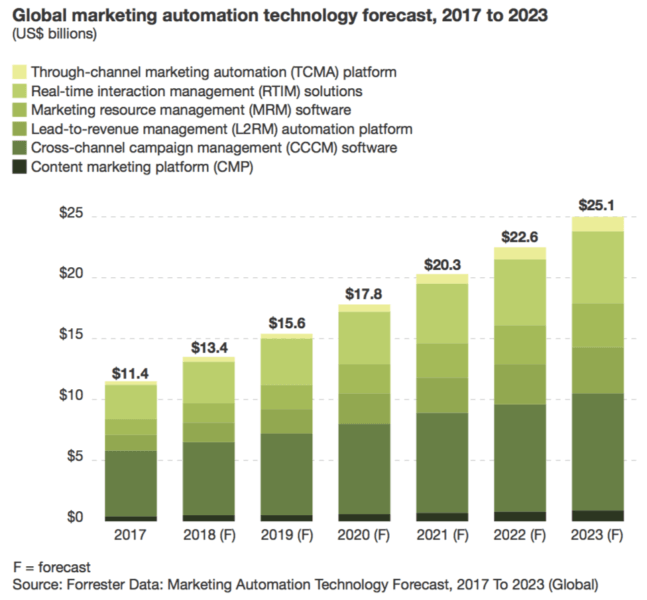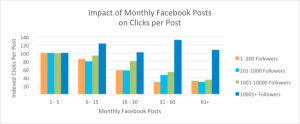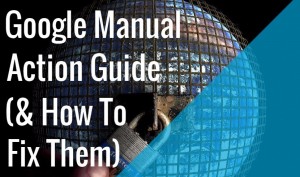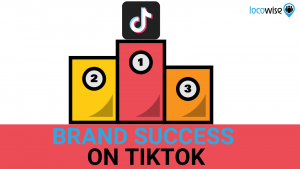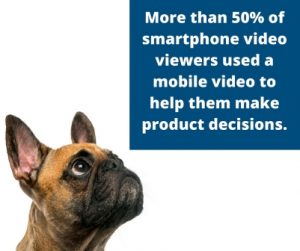The annual marketing spend for these platforms will more than double by 2023, the report predicts.
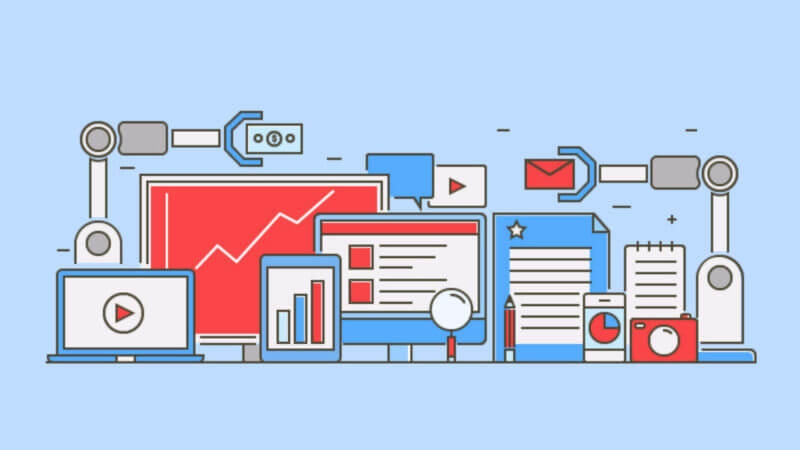
In the hubbub over all the new technologies, the workhorse marketing automation platforms keep doing their jobs.
And in “Marketing Automation Technology Forecast, 2017 to 2023 (Global)” [available for Forrester clients only], its first such report on this space, research firm Forrester predicts that spending for these kinds of tools will grow vigorously over the next few years, reaching $25.1 billion annually by 2023 from $11.4 billion last year.
Although it may seem marketing automation platforms are old news, report co-author Jennifer Adams told me via email that “B2B marketers are still in the early innings of adopting marketing automation technology tools and this trend will continue to drive growth over the next five years.” Over a thousand marketers from eight countries were surveyed for the report.
The platforms are characterized by their ability to automate repetitive tasks across multiple channels. Six marketing automation technologies were evaluated in the report — cross-channel campaign management software, content marketing platforms, lead-to-revenue management automation platforms, marketing resource management software, real-time interaction management solutions and through-channel marketing automation platforms.
Forrester projects that all six will show double-digital growth over the next few years and will even pull budget from other categories of marketing spending, such as traditional TV, print, radio or out-of-home advertising.
Fifty-five percent of global marketing decision-makers reported that they plan to increase spending on this kind of tech in the next year, with one-fifth of the respondents expecting to increase by 10 percent or more. Forrester is predicting a compound annual growth rate of 14 percent over the next five years.
A key driver of adoption, Adams said, is that vendors are leveraging artificial intelligence in the tools, which boosts the platforms’ ability to “power personalization, content generation and recommendations, along with improving marketing efficiency.”
Other drivers include a customer expectation of personalization across channels and at scale, the need for cross-channel campaign management and an ability to measure return on investment through these platforms.
One surprise from the report, Adams said, is that “many of the marketing automation vendors view the EU’s General Data Protection Regulation (GDPR) as a positive.” Although it may cause some short-term disruption, she said, many platform makers believe GDPR “is not that [different] from other regulatory restrictions, such as the US’s requirements for HIPAA compliance.”
Marketing Land – Internet Marketing News, Strategies & Tips
(311)
Report Post
